Citrus peels, often discarded after enjoying fresh fruits like oranges, lemons, and grapefruits, hold far more value than most people realize. These peels are packed with essential nutrients, natural oils, and organic compounds that can have a positive impact on your garden’s health and productivity. Instead of throwing them away, consider incorporating citrus peels into your gardening routine. They are a fantastic, eco-friendly, and sustainable addition to your garden care that will help enrich your soil, promote plant growth, and naturally deter pests. Let’s explore the 7 key benefits of citrus peels for your garden in detail, and learn how to make the most of this garden powerhouse.
1. Natural Fertilizer for Richer Soil
Citrus peels are packed with vital nutrients like potassium, calcium, magnesium, and phosphorous, all of which play a crucial role in promoting healthy plant growth. When added to your compost or directly into your garden soil, citrus peels break down slowly, releasing these essential minerals into the earth. This enriches the soil, providing plants with a natural and sustainable fertilizer alternative. Unlike synthetic fertilizers, which can be harsh and lead to long-term soil depletion, citrus peels contribute organic matter that helps improve soil texture and fertility over time.

Incorporating citrus peels into your garden also promotes soil health by increasing the organic content, which encourages beneficial soil organisms like earthworms. These organisms help aerate the soil, improving root penetration and water retention, which are essential for healthy plants. By using citrus peels as a natural fertilizer, you can cultivate an environment that supports vibrant, thriving plants without the need for harsh chemicals.
2. Enhances Soil Drainage
Citrus peels are not only great for adding nutrients to the soil, but they also help improve its structure. When you mix crushed or chopped citrus peels into garden beds or compost, they break down into a fibrous material that enhances soil drainage. This is especially important in heavy, clayey soils, which tend to retain water and may cause root rot. By incorporating citrus peels, you allow the soil to better drain excess moisture, promoting healthier root systems and ensuring that plants do not become waterlogged.
Improved drainage also helps prevent the buildup of harmful compounds like salts and toxins in the soil, which can negatively affect plant health. With better drainage, plant roots can more effectively access the nutrients and oxygen they need to thrive, reducing the risk of disease and improving overall growth.
3. Natural Pest Repellent
One of the standout benefits of citrus peels is their ability to serve as a natural pest repellent. The citrus oils contained in the peel, particularly limonene, have a strong scent that repels common garden pests such as ants, aphids, mosquitoes, and even slugs. If you’ve ever noticed how insects seem to shy away from the smell of citrus, you’re not imagining it—those natural oils are powerful.
To keep pests away, simply scatter dried or fresh citrus peels around your plants, or place them around the base of your garden beds. For pest control, citrus peels can be a great alternative to harmful chemical pesticides, which can harm beneficial insects like bees, ladybugs, and butterflies. Using citrus peels as a pest repellent helps maintain a healthy ecosystem in your garden while keeping unwanted pests at bay.
4. Boosts Composting and Speeds Up Decomposition
Citrus peels can greatly benefit your compost pile by helping to accelerate the breakdown of organic matter. Their high moisture content and acidity can speed up the decomposition process, breaking down other compost ingredients more efficiently. The natural acidity of citrus peels helps balance the pH of your compost, encouraging the activity of decomposing microbes that work to turn organic matter into rich, dark compost.
However, it’s important to note that citrus peels should be used in moderation in compost, as too many can make the pile overly acidic. Mixing citrus peels with other compost materials such as leaves, grass clippings, and vegetable scraps ensures a balanced compost mix that breaks down faster and produces high-quality compost that benefits your garden soil.
5. Acts as a Mulch Alternative
Citrus peels are also a great mulch alternative for your garden beds. When shredded or chopped into smaller pieces, citrus peels form a dense layer that can act as a natural weed barrier, preventing weed seeds from germinating and competing with your plants for nutrients and sunlight. Additionally, this citrus peel mulch retains moisture in the soil, reducing the need for frequent watering during dry periods.
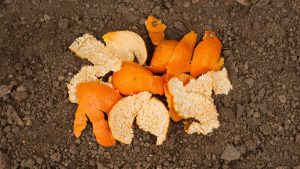
The layer of mulch formed by citrus peels also helps regulate soil temperature, keeping it cooler during hot weather and warmer during colder months. As the peels decompose, they add valuable nutrients to the soil, contributing to overall plant health. Using citrus peels as mulch is a sustainable, cost-effective way to protect your plants while enhancing the soil beneath them.
6. Supports Plant Health and Growth
Citrus peels contain high levels of antioxidants, which can help protect plants from environmental stresses. These antioxidants act as a natural defense against diseases, pests, and environmental factors like heat and wind. By adding citrus peels to your garden, either through composting or direct soil application, you support the overall health of your plants.
In addition to antioxidants, citrus peels are rich in vitamin C and flavonoids, compounds that can strengthen plant cells and improve resistance to stress. Regular use of citrus peels in your garden helps your plants grow stronger and more resilient, better able to withstand pests and unfavorable weather conditions.
7. Enhances Plant Flavor and Aroma
Some gardeners have reported that adding citrus peels to the soil or using them as mulch can enhance the flavor and aroma of certain fruits and vegetables. The organic compounds found in citrus peels, like the natural oils and antioxidants, can help boost the taste and fragrance of plants, particularly herbs and fruits such as tomatoes, peppers, and strawberries.
By using citrus peels around your plants, you can create an environment that promotes more flavorful and aromatic produce. This is especially useful for gardeners who are growing edible plants in containers or small spaces, where every detail matters in maximizing plant quality.
Citrus peels are an underutilized resource that can significantly enhance your garden’s productivity and health. From serving as a natural fertilizer and improving soil structure to acting as a pest repellent and supporting plant health, the benefits of citrus peels are many. By incorporating citrus peels into your gardening routine, you’re not only recycling waste but also taking an environmentally friendly step towards cultivating a more sustainable and thriving garden.
Next time you enjoy a fresh citrus fruit, think twice before discarding the peel—your garden will thank you for it!
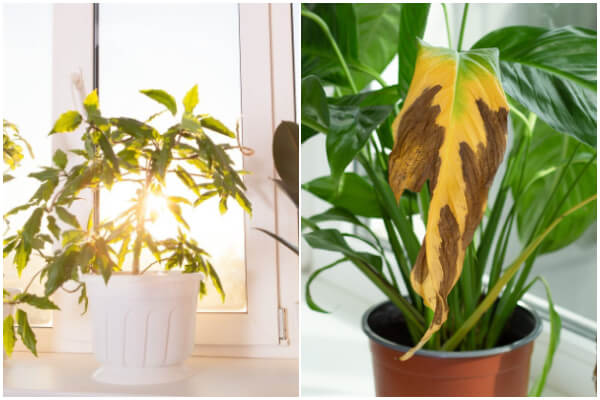
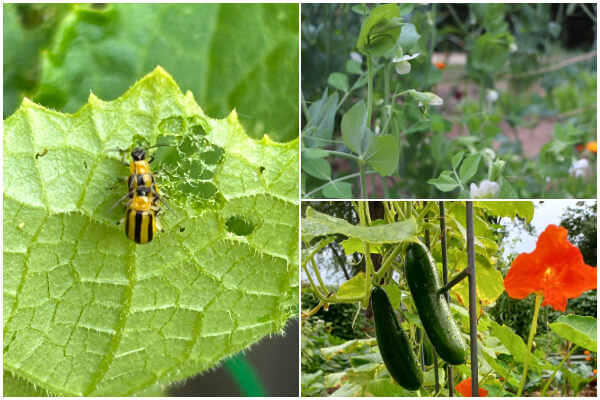
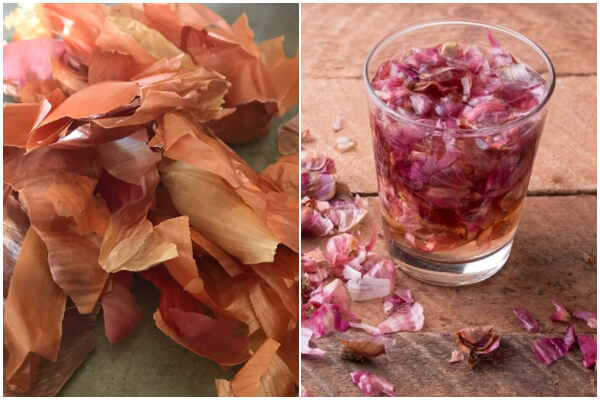
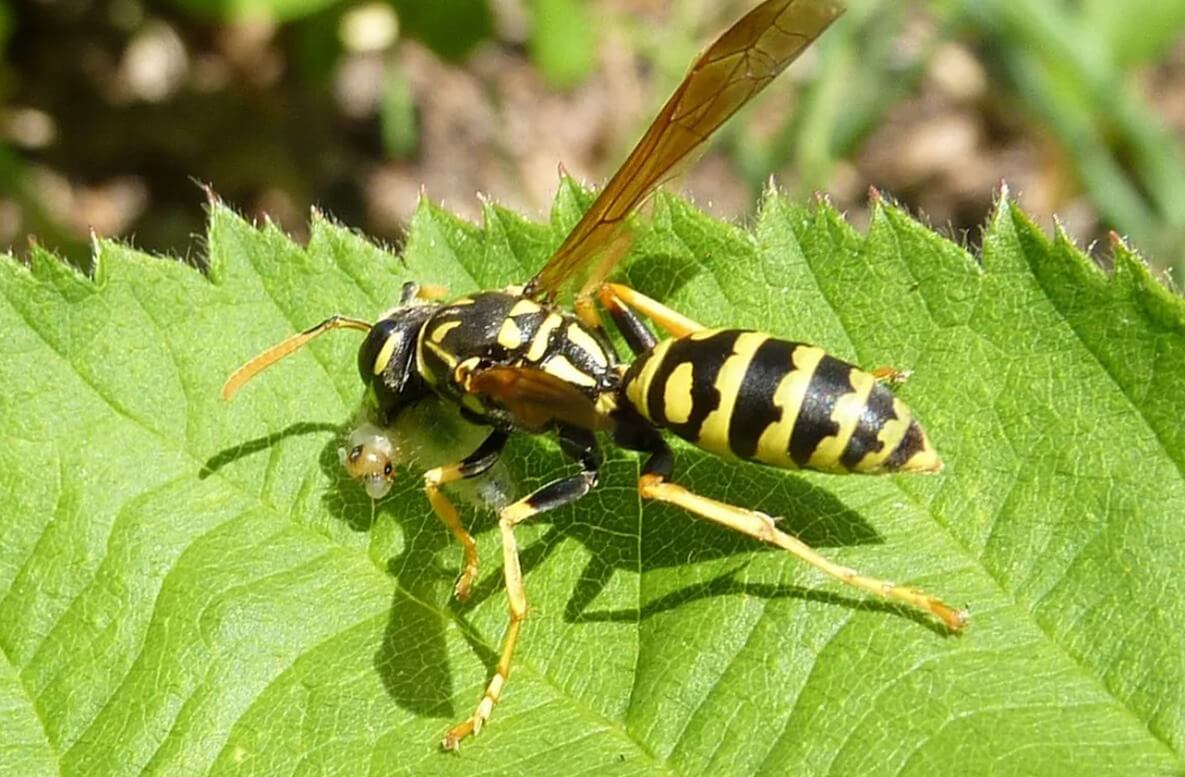
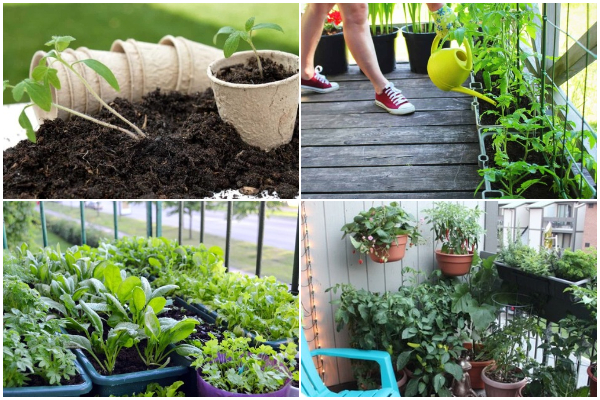



Leave A Comment